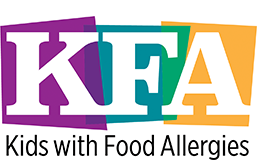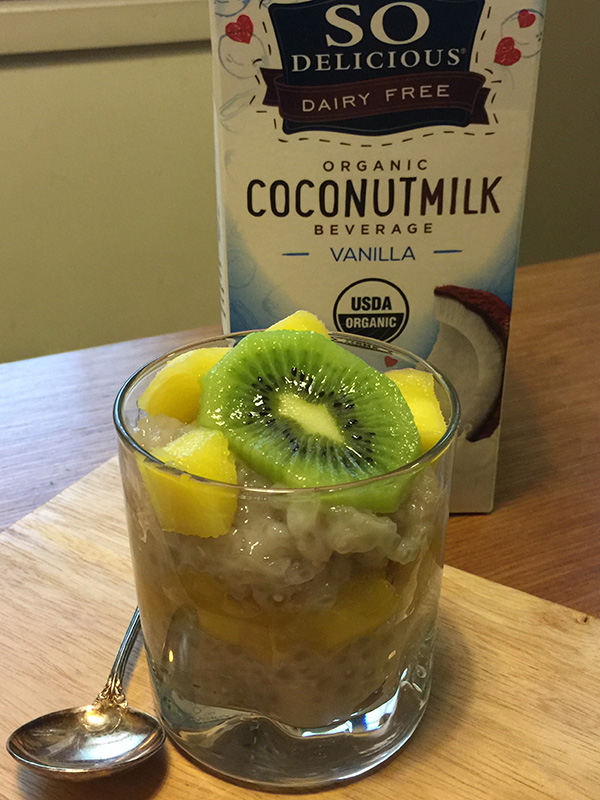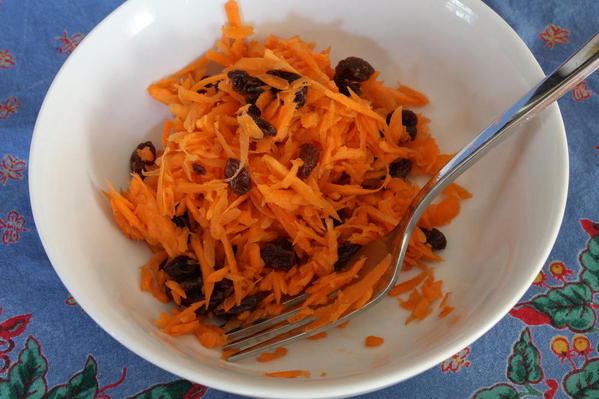 Avg. rating 5 from 6 votes.
Avg. rating 5 from 6 votes.
# of Servings: 18
Recipe Created By: Brennanpaw
1 cup quinoa flour
1/2 cup tapioca starch
3 Tbsp oil
1/2 cup apple juice concentrate, thawed
brown sugar (optional)
Combine flours in a bowl. Mix the oil and juice together and stir into the flour.
Knead dough to absorb all the flour and form a very hard dough. Roll out dough to 3/8″ thickness.
Cut into 1″ by 3″ bars and put on lightly oiled baking sheet.
Bake at 300 °F for 35-40 minutes, or until they begin to brown. TURN OFF THE OVEN AND LEAVE THEM IN FOR 1 MORE HOUR. Makes about 1 1/2 dozen teething biscuits.
These are not sweet. If desired, sprinkle some brown sugar on top before baking.
These are hard enough to grasp and hold, yet they dissolve when chewed. They don’t crumble up when packaged.
Corn Substitutions: Corn is a common ingredient in products. Starch, modified food starch, dextrin and maltodextrin can be from corn. Consult with your physician to find out which corn derivatives you need to avoid. Many corn-free options are available in the US. Find out more about
corn substitutions.
Gluten: Gluten is a protein found in specific grains (wheat, spelt, kamut, barley, rye). Other grains are naturally gluten-free but may have cross-contact with gluten-containing grains. Look for certified gluten-free products if you need to avoid gluten. Find out more about
wheat and gluten substitutions.
 Avg. rating 5 from 6 votes.
Avg. rating 5 from 6 votes.





















